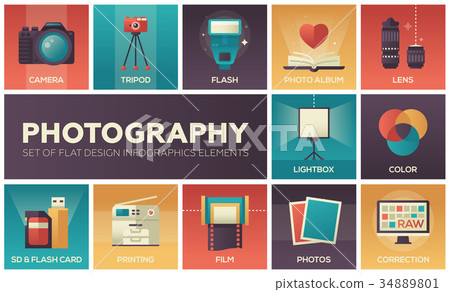Digital Photography Tips For Beginners: Mastering Your Electronic Camera Quickly
Digital Photography Tips For Beginners: Mastering Your Electronic Camera Quickly
Blog Article
Post Created By-Ballard Elmore
When you initially get your electronic camera, it can really feel overwhelming with all the setups and options available. You could find yourself asking yourself exactly how to browse aperture, shutter rate, and ISO successfully. Understanding these fundamentals is crucial, however there's even more to photography than just technical knowledge. Comprehending make-up techniques and lighting conditions can boost your pictures considerably. So, what if you could discover simple methods to boost your abilities and start catching outstanding pictures faster than you think? Allow's check out just how to change your digital photography journey.
Comprehending Camera Setups
Comprehending your video camera setups is important for capturing stunning pictures. When you grab your cam, acquaint yourself with the 3 primary settings: aperture, shutter speed, and ISO. Each plays an important duty in exactly how your images turn out.
Start with aperture, which controls the amount of light going into the lens. A broader aperture (lower f-number) allows extra light and creates a stunning history blur, perfect for pictures. Conversely, a narrower aperture (greater f-number) keeps even more of the scene in emphasis, perfect for landscapes.
Next, https://postheaven.net/beau8micki/discover-the-essential-photography-gear-that-will-certainly-kickstart-your on shutter speed. This setup establishes how much time your camera's sensing unit is exposed to light. A quick shutter speed ices up movement, which is excellent for activity shots, while a slow shutter rate can develop stunning results like smooth water in landscapes.
Lastly, adjust your ISO. This setting impacts your electronic camera's level of sensitivity to light. A greater ISO serves in low-light circumstances however can introduce sound or grain. Go for the most affordable ISO possible while still attaining correct direct exposure.
Composition Methods
When you're out shooting, composition can make all the difference in just how your pictures reverberate with visitors. Beginning by using the policy of thirds; picture your frame divided into nine equivalent areas with two straight and 2 vertical lines. Placement key elements along these lines or at their crossways to produce balance and interest.
Next, take into consideration leading lines. These all-natural lines in your scene, like roads or rivers, attract the audience's eye into the photograph, guiding them through the story you're telling.
Do not forget about framing; usage elements within your scene, like trees or windows, to develop a frame around your subject, including depth and focus.
Also, watch on your background. go here can distract from your primary topic, while a basic one assists it stick out.
Last but not least, try out proportion and patterns; they can produce a striking photo that captures focus.
Mastering Illumination Issues
Grasping illumination problems is crucial for capturing magnificent photos, as the best light can change a common scene into something phenomenal.
Start by observing natural light at various times of the day. Mornings and late afternoons offer the most effective light, called the golden hour. Beauty photographers near me , warm tones during these times can improve your pictures wonderfully.
Don't avoid overcast days either; diffused light can reduce extreme shadows and develop a pleasing effect, especially for pictures.
Explore backlighting by positioning your subject against the light source. This method can develop a dreamy halo effect and include deepness to your images.
Take note of your video camera setups as well. Adjust the ISO, aperture, and shutter rate to suit the illumination problems. A greater ISO can help in reduced light, but beware of grain.
Utilize a tripod in darker settings to prevent blur.
Lastly, don't neglect fabricated lighting. Flash and continuous lights can be excellent tools for regulating light in tough conditions.
Conclusion
In conclusion, mastering your video camera doesn't need to be overwhelming. By recognizing your settings, applying composition techniques, and harnessing the power of all-natural light, you'll quickly boost your photography skills. Keep in mind, practice makes best, so go out there and try out your newly found understanding. With time and devotion, you'll be recording spectacular images that show your distinct viewpoint. Writer headshots in the journey, and do not forget to enjoy while you're at it!
